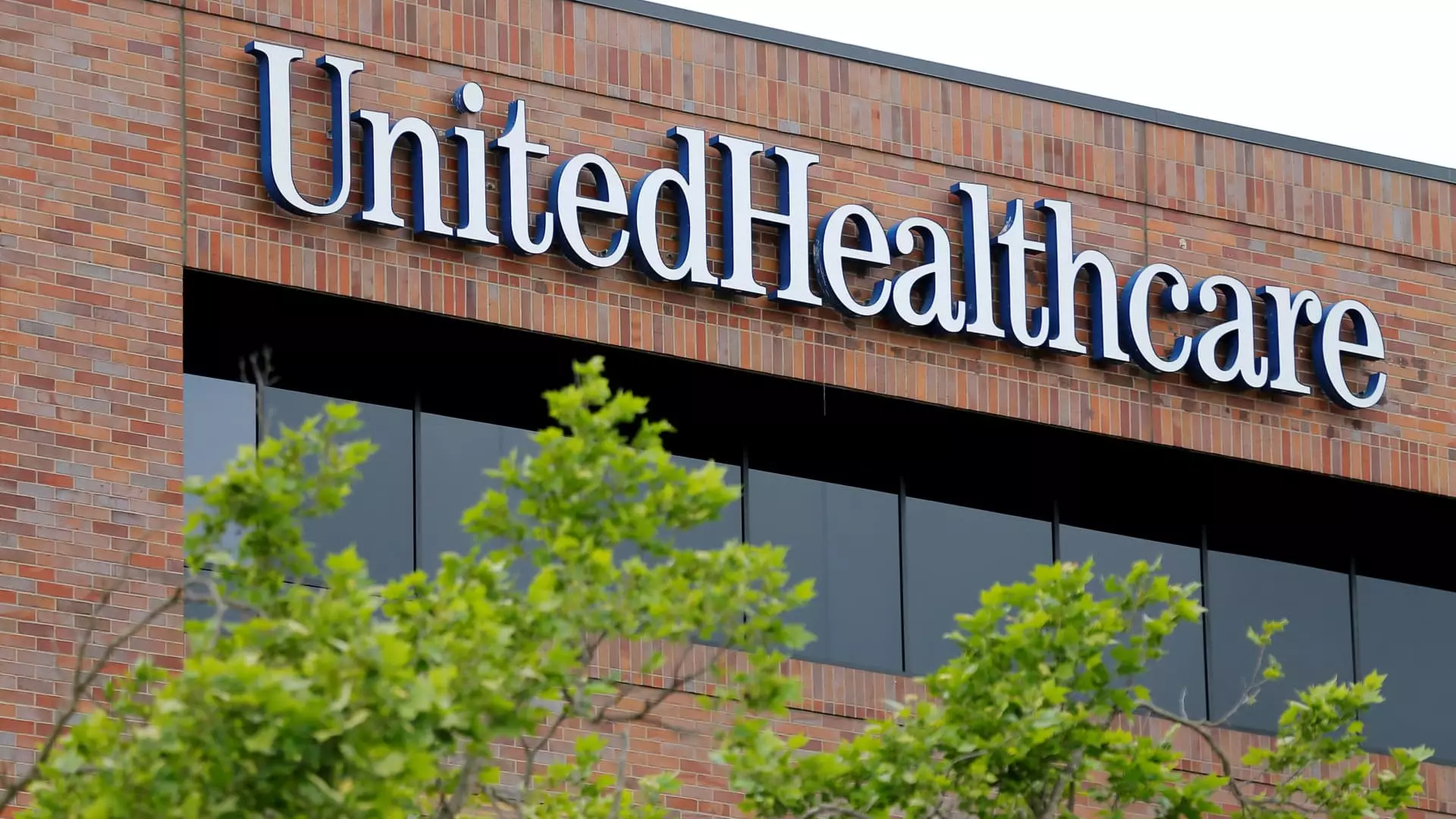The health insurance giant UnitedHealthcare finds itself navigating through an array of challenges, shaking the very foundations of its operations. With a government investigation probing its Medicare billing practices, reports of employee layoffs, and public skirmishes with notable investors like Bill Ackman, the conglomerate is experiencing a tumultuous period. As the parent company UnitedHealth Group grapples with these issues, the conglomerate’s stock has declined sharply, revealing a broader narrative of turmoil within one of America’s most significant healthcare entities.
A Closer Look at the Medicare Billing Investigation
The turmoil starts with the Department of Justice’s civil fraud investigation into UnitedHealthcare’s Medicare Advantage billing practices. This investigation centers around allegations that the insurer routinely manipulated diagnoses to secure additional payments, particularly in regions involving physician groups owned by the company. This investigation follows earlier reports highlighting questionable diagnoses for which Medicare had paid billions to UnitedHealthcare. The implications of such practices can be severe, affecting not just the company’s finances but also the credibility of its services and potentially, the health outcomes for the elderly it serves.
Medicare Advantage is typically lauded for offering enhanced benefits beyond traditional Medicare, funded by set government rates. However, reports indicate that these plans have become a significant contributor to rising healthcare costs. Critics argue that if the allegations about billing practices hold merit, it would expose deeper systemic issues within the frameworks of private Medicare plans that necessitated oversight.
In response, UnitedHealthcare has labeled these media reports as “misinformation”, asserting its compliance with industry standards. Yet, the shadows cast by such allegations raise questions about transparency and ethics in healthcare, a sector already wrestling with a lack of trust. Analysts, like Ben Hendrix from RBC Capital Markets, have deemed the investigation an “incremental overhang,” suggesting that while the process may be lengthy, significant immediate financial repercussions are doubtful — yet this remains speculative at best.
In conjunction with the ongoing investigation, UnitedHealthcare has recently offered voluntary buyouts to its employees—another indication of the strain within the organization. If the desired rates of resignation are not attained, layoffs are on the table. This move reflects a broader continuing trend where businesses tighten their belts amid economic uncertainties and operational challenges. By leveraging digital advancements, the firm appears to be attempting to realign its workforce to meet changing demands, albeit with the shadow of uncertainty looming over many employees’ futures.
The challenge of managing human resources effectively during crises has always been complex, but the current climate compounds these pressures. For employees, such decisions create turmoil and uncertainty, often leading to reduced morale and productivity. Stakeholders are left to wonder how these internal pressures will affect the company’s overall performance in an industry already heavily scrutinized for its practices.
Further compounding the company’s challenges is an ongoing public dispute with billionaire investor Bill Ackman. In a notable case, Ackman pledged to cover legal fees for a Texas doctor entangled in a conflict with UnitedHealth over claims that the insurer inhibited necessary patient care. Following legal pressure, Ackman moderated his remarks, revealing the contentious environment surrounding the company. His pointed criticisms suggest broader concerns among influential investors regarding the company’s profitability claims, emphasizing fears that profits may be artificially inflated due to care denial practices. This public discourse introduces an unsettling element, raising questions among investors and patients alike about the company’s operational integrity.
Another source of concern for UnitedHealthcare is a recent cyberattack against its subsidiary, Change Healthcare. This breach compromised the protected health information of approximately 190 million individuals, leading the company to expend over $3 billion to address the fallout. The breach not only represents a significant financial burden but also threatens the trust of consumers in an already vulnerable industry.
The multi-faceted issues currently plaguing UnitedHealthcare raise critical questions about accountability, transparency, and ethical practices in the healthcare domain. As investigations into its billing practices unfold, coupled with the repercussions of a major cyberattack and internal workforce strife, it becomes imperative for organizations within the healthcare sector to prioritize reform measures that restore trust and ensure patients receive the care they deserve. For the largest private insurer in the nation, the path ahead remains fraught with challenges, but the potential for a fundamental transformation toward a more responsible approach to healthcare exists if the company rises to the occasion. All eyes will remain on UnitedHealthcare as it navigates this uncertain terrain, seeking to reclaim stability and credibility in a highly scrutinized marketplace.

